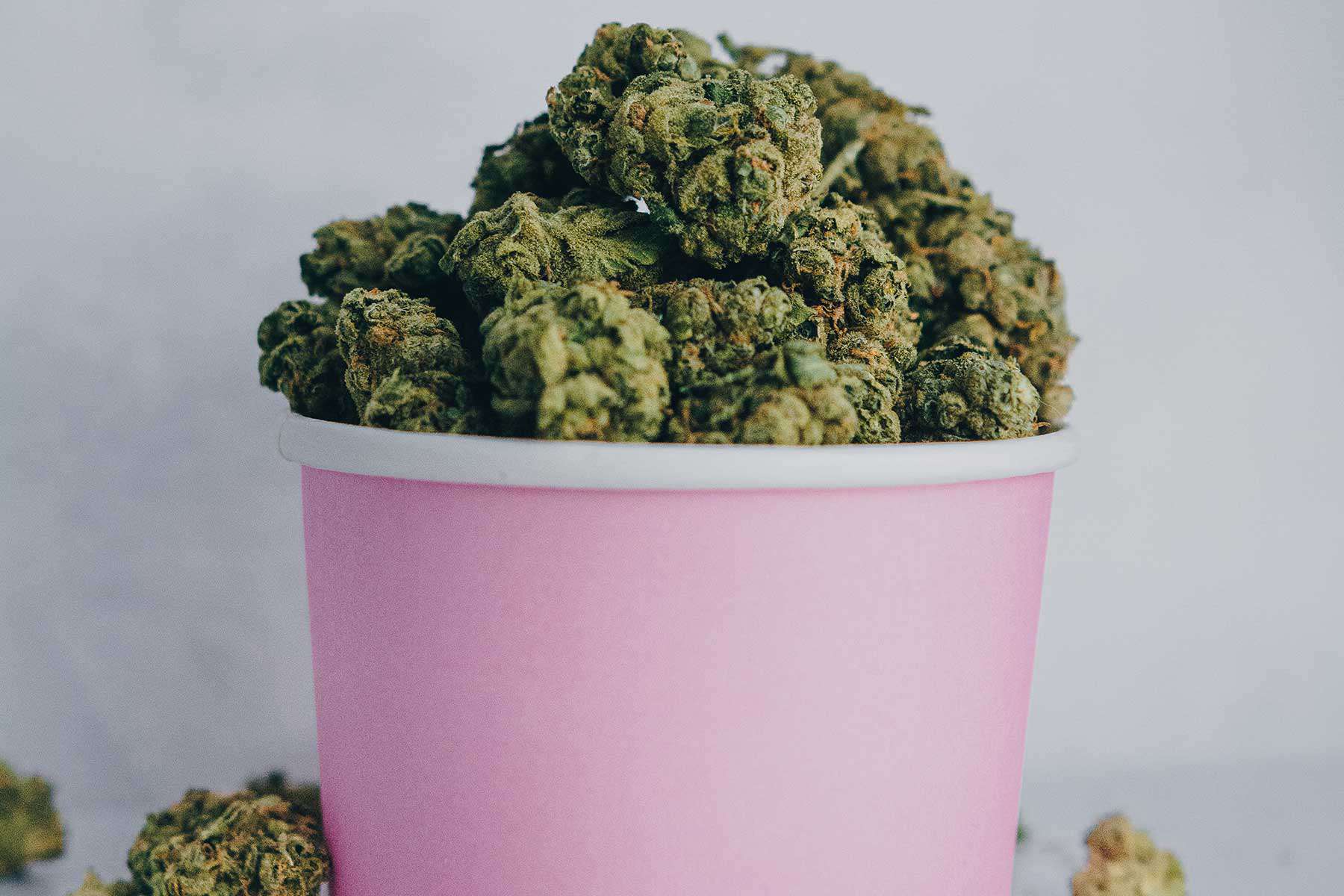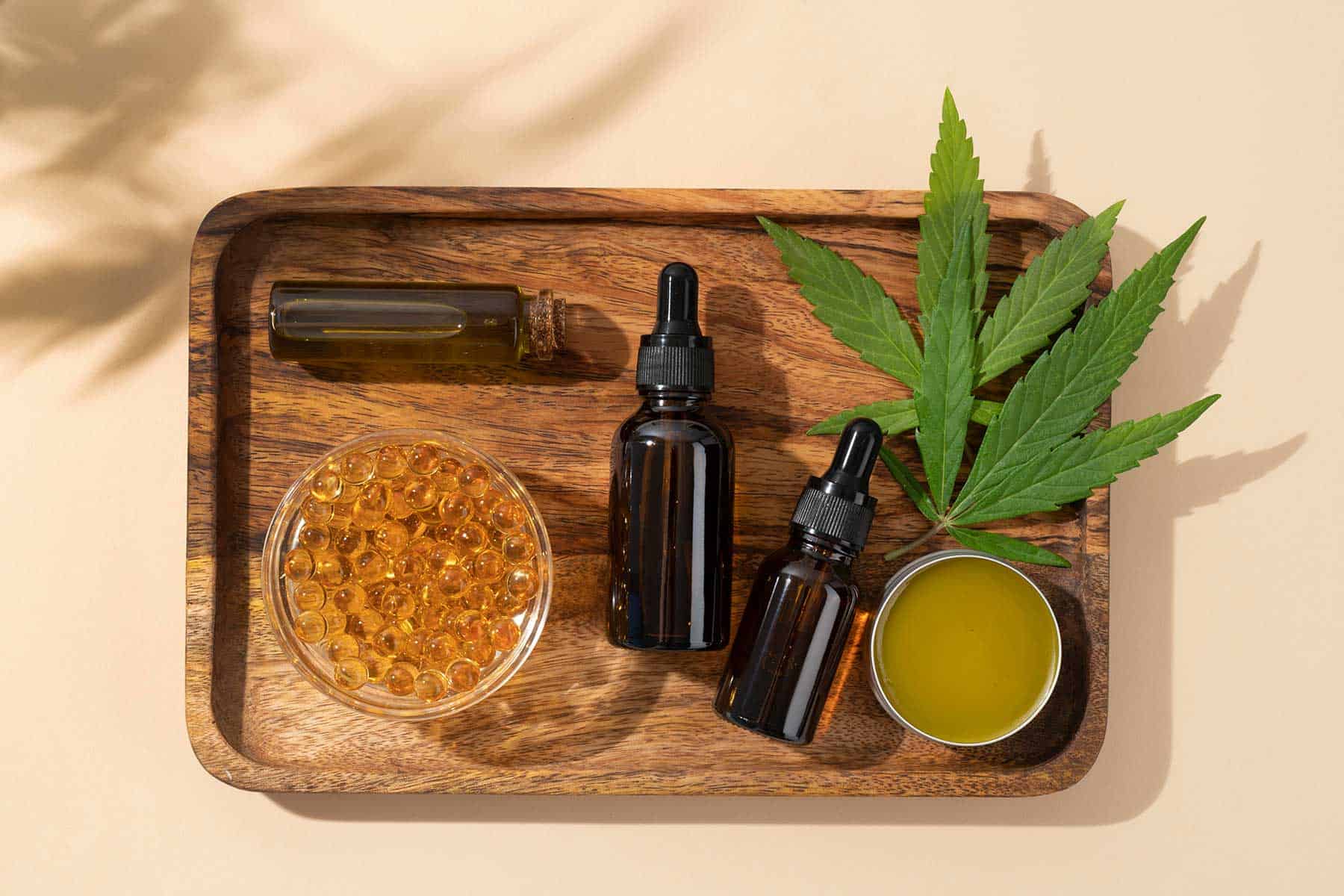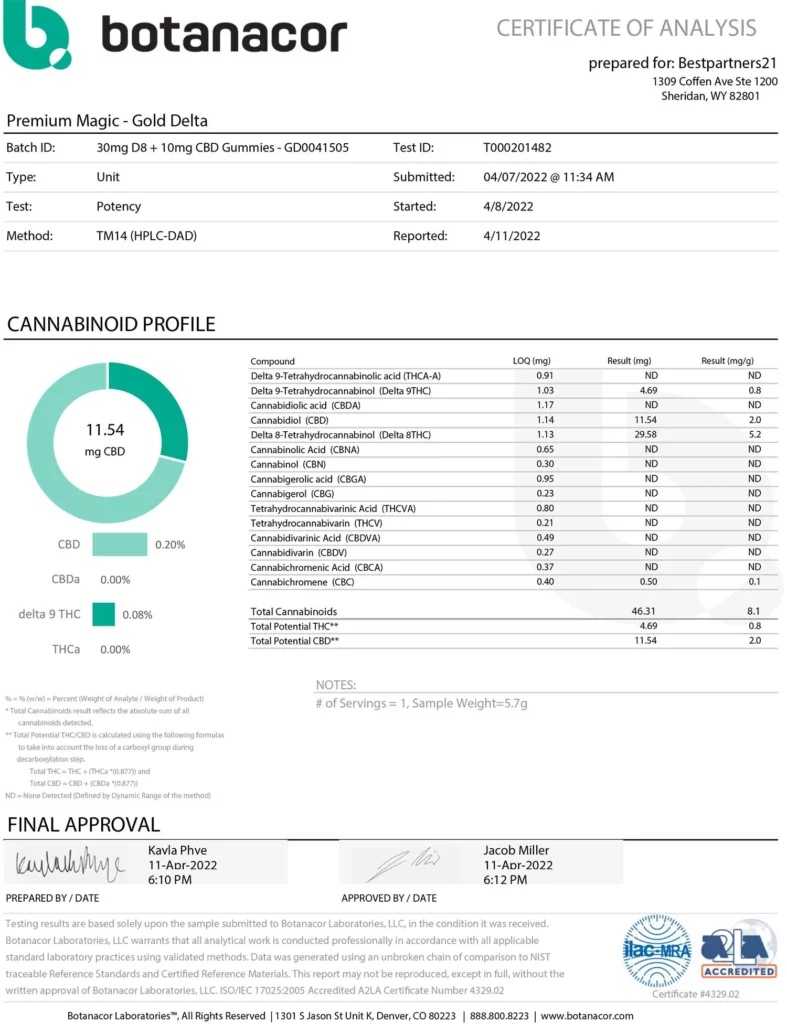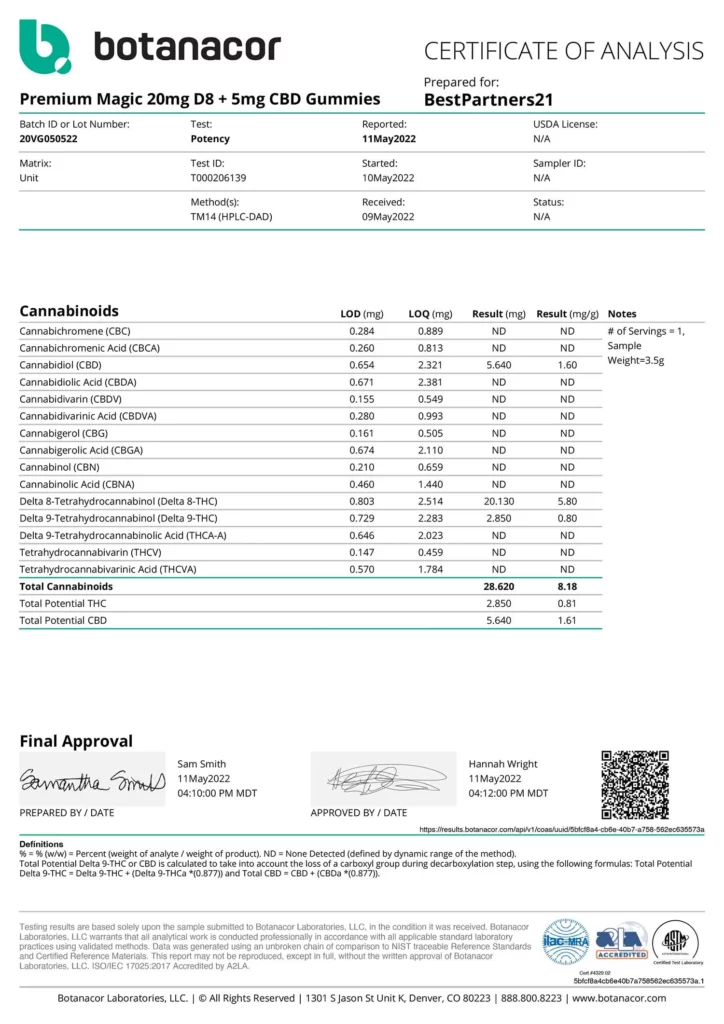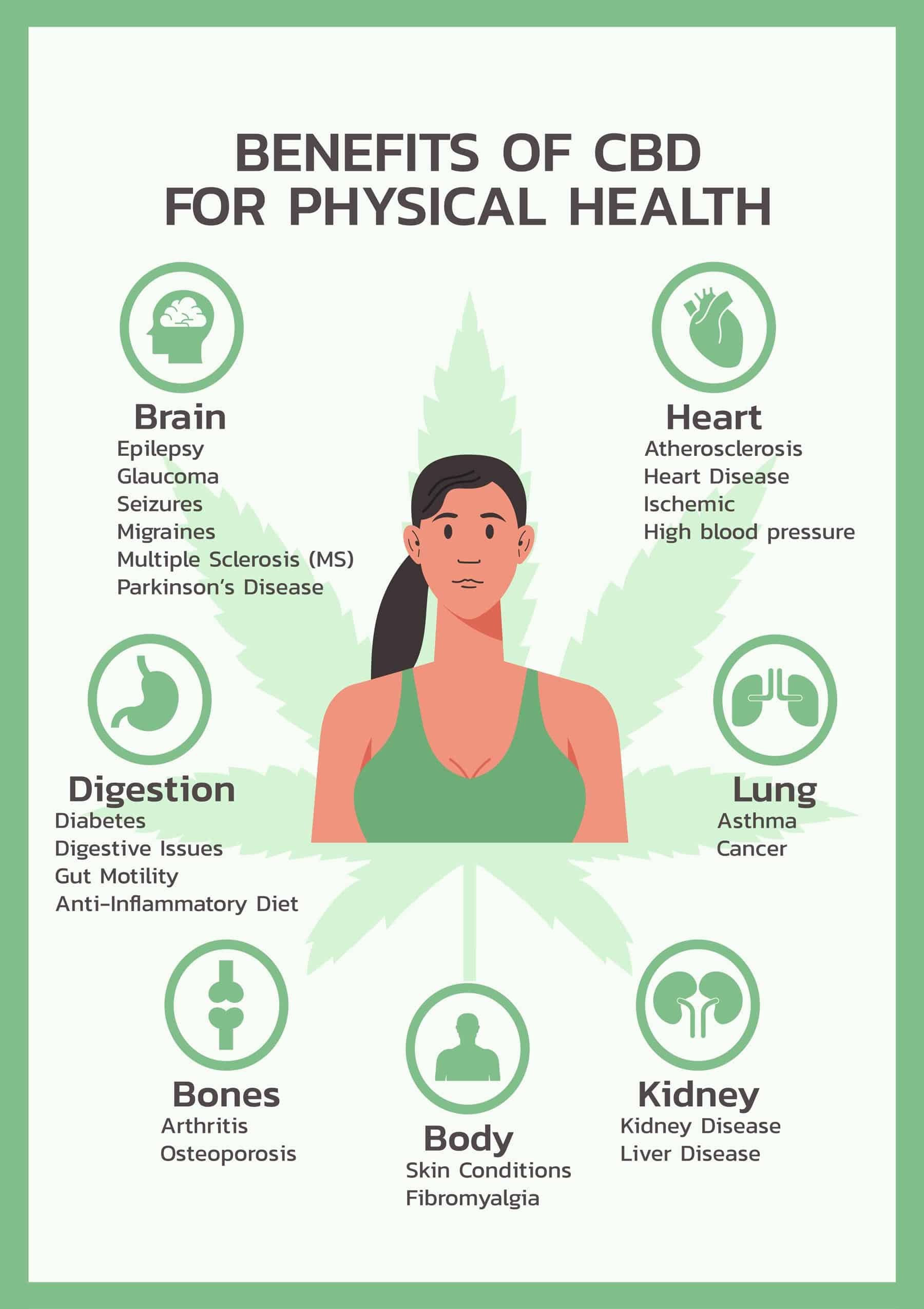
Dealing with Cannabis Stigma: How to Talk to Skeptics

Cannabis stigma is a hurdle many of us face. It’s like a big wall, blocking open chats about this plant. This blog aims to knock down this wall. It’s important to chat freely about cannabis, helping us understand it better. Let’s dive into the history of this stigma and learn how to handle it when talking to skeptics. Stay with us, and let’s get the conversation started!
Understanding the Stigma
Let’s start by peeling back the layers of the stigma surrounding CBD. It’s not just a plant. It’s a story. A story shaped by history, myths, and the media.
Historical Context of CBD Stigma
Long ago, CBD was seen in a very different light. It was used for many things, like making clothes and rope. Some people even used it for medicine. But then things changed. In the 20th century, many governments, including the U.S., banned cannabis. This made people see cannabis as a bad thing. It became a “taboo.” This is a big part of why we have a stigma today.
Misconceptions and Myths about CBD
Over time, myths about CBD started to spread. Some people say it makes you lazy. Others said it’s a “gateway drug” that leads to harder drugs. These myths are not true. But they have stuck around, and they add to the stigma.
There’s also confusion about the different kinds of cannabis. For instance, some types of CBD can get you high, while others can’t. This is because they have different amounts of a thing called THC. But many people don’t know this. They think all CBD is the same. This misunderstanding adds to the stigma too.

Delta-8 Gummies – Gold Paradise Mix
Original price was: $82.99.$38.99Current price is: $38.99.
Or Subscribe and Save 30%

Silver Paradise Mix
Original price was: $68.99.$33.99Current price is: $33.99.
Or Subscribe and Save 30%
Influence of Media and Legal Status
Lastly, let’s talk about the media and the law. They have a big role in how we see cannabis. For many years, the media often showed CBD in a bad light. And the law made it illegal in many places. This made the stigma even stronger.
But now, things are starting to change. Some places are making cannabis legal. And some parts of the media are showing the good sides of CBD. This is helping to reduce the stigma. But there’s still a long way to go.
Cannabis Today: Medical and Recreational Uses
Now, let’s bring our focus to the present day. How is CBD used today? It’s not just about getting high. CBD is used for health reasons and for fun too.
Medical Benefits of CBD
First up, let’s talk about health. CBD is used for many health problems. It’s like medicine. People use it to help with pain, sickness from cancer treatment, and even seizures.
It has a thing called CBD. CBD does not make you high. But it does help with many health problems. Some people use it for anxiety and sleep problems. Others use it for chronic pain. So, CBD can be very helpful for some people’s health.
Recreational Uses and Effects
CBD is also used for fun. When used in moderation, it can make people feel relaxed and happy. Some types of CBD can also make people feel more creative or more focused.
But, like anything, it’s important to use it safely. Too much can make you feel bad. It can make you anxious or paranoid. So, if you choose to use CBD for fun, it’s important to know your limits.
Legal Status in Different Regions
Cannabis laws vary around the world. In some places, it’s fully legal. In others, only medical cannabis is allowed. And in some places, all cannabis is illegal.
In the U.S., each state makes its own rules. Some states like California and Colorado have fully legal cannabis. Others only allow it for health reasons. And a few states still don’t allow any cannabis at all.
This changing legal landscape is a big deal. It shows that views on cannabis are shifting. But it’s also a source of confusion. And that can add to the stigma.
Addressing Skeptics: Effective Communication Strategies
When it comes to talking to skeptics about cannabis, it’s important to approach the conversation with empathy and a non-confrontational attitude. By using facts, data, and real-life experiences, we can help dispel misconceptions and foster a more open dialogue.
Importance of Empathetic and Non-confrontational Conversation
Engaging skeptics requires a gentle and understanding approach. Avoid being confrontational or judgmental, as it can close the door to meaningful conversation. Instead, strive to listen actively and show empathy towards their concerns or reservations. By demonstrating respect for their perspective, you create a safe space for an open exchange of ideas.
Utilizing Facts and Data to Counter Misconceptions
Arming yourself with accurate information is crucial when discussing cannabis with skeptics. Provide them with reliable facts and data from credible sources. Address common misconceptions, such as the belief that cannabis is always harmful or addictive.
Highlight the scientific research and studies that demonstrate the potential benefits and safety profile of cannabis when used responsibly. By presenting evidence-based information, you can challenge their preconceived notions and promote a more informed perspective.
Using Real-life Experiences and Case Studies
Personal stories and real-life experiences can be powerful tools in breaking down cannabis stigma. Share stories of individuals who have benefited from medical cannabis, such as patients who found relief from chronic pain or improved their quality of life through cannabis treatments. Additionally, case studies that illustrate the positive impact of cannabis on various health conditions can help skeptics see the practical applications and potential value of cannabis.
By combining facts, data, and personal experiences, you create a well-rounded approach that appeals to both logic and emotions. Remember that change takes time, and some skeptics may require multiple conversations to shift their perspectives. Patience, understanding, and a willingness to listen are essential when engaging with skeptics.
Advocacy and Education: Changing Public Perception
To combat cannabis stigma and promote a more informed and accepting society, advocacy and education play vital roles. By actively advocating for change and providing educational resources, we can work towards shifting public perception.
Role of Advocacy in Reducing Stigma
Advocacy involves speaking up, raising awareness, and challenging the status quo. Advocates for cannabis work tirelessly to break down the barriers of stigma by promoting evidence-based information, sharing personal stories, and supporting legislative changes. By engaging in advocacy efforts, individuals and organizations can contribute to a more inclusive and compassionate society.
Importance of Education for Better Understanding
Education serves as a powerful tool in dispelling misconceptions and fostering understanding. It is essential to provide accessible and accurate information about cannabis, its uses, potential benefits, and risks.
Educational initiatives should focus on addressing common misconceptions, highlighting scientific research, and promoting responsible use. By offering knowledge and fostering a better understanding of cannabis, we can bridge the gap between skeptics and proponents.
Initiatives and Organizations Working Towards This Goal
Numerous initiatives and organizations are actively working to change public perception and reduce cannabis stigma. These include nonprofits, advocacy groups, and community-based organizations. They organize events, provide educational materials, and engage in public outreach to challenge stereotypes and promote informed conversations.
By supporting and collaborating with these initiatives, individuals can contribute to the collective effort to change public perception.
Navigating Conversations with Friends and Family
When it comes to discussing cannabis with loved ones who hold skepticism, it’s important to approach these conversations with care and consideration. By employing strategies for effective communication, maintaining healthy relationships, and recognizing the need for patience, we can navigate these discussions successfully.
Strategies for Discussing Cannabis with Loved Ones Who Hold Skepticism
- Choose the right time and place: Find a comfortable and relaxed setting to have the conversation, where everyone feels at ease and receptive to discussion.
- Listen actively: Hear your loved ones’ concerns and perspectives without interruption. Show empathy and validate their feelings to create a safe space for dialogue.
- Share personal experiences responsibly: Use personal anecdotes and stories to provide insight, but emphasize that individual experiences may vary and do not replace scientific evidence.
- Present reliable information: Equip yourself with accurate data, research, and reputable sources to back up your points. Provide evidence-based information to address their doubts and misconceptions.
- Find common ground: Identify shared values and goals to connect on a deeper level. Highlight how cannabis aligns with their concerns for well-being, natural remedies, or social justice.
- Practice respect and empathy: Maintain a respectful and understanding attitude throughout the conversation, even if there are differing opinions. Show empathy toward their fears and reservations.
- Avoid judgment and defensiveness: Stay open-minded and refrain from becoming defensive or judgmental. Create an environment where both parties feel comfortable expressing their thoughts without fear of backlash.
Change May Take Time and Patience
Changing deeply ingrained beliefs takes time. Recognize that you may not change someone’s perspective overnight. Be patient and allow for gradual shifts in thinking. Planting seeds of knowledge and offering ongoing support can make a significant impact over time.
Final Thoughts:
Talking to skeptics about cannabis requires empathy, facts, and open-mindedness. We need to foster a mindset of curiosity, respect, and patience. By engaging in meaningful conversations, sharing reliable information, and maintaining healthy relationships, we can break down cannabis stigma and promote understanding.

